
Products
Fast, Reliable, Everywhere

Solutions
Efficient, Innovative EV Charging Solutions.
News
We are committed to the innovation and application of EV charging.

Embrace the future of EV charging with the PEVC3302 Split Charging Station, a modular charging powerhouse designed for maximum flexibility and efficiency. This system pairs a main cabinet with up to 8 individual single-gun terminals, customizable to power a variety of electric vehicles without wasting a watt.
Efficient Power Management: Tailored to deliver, the PEVC3302 utilizes intelligent power deployment, allocating up to 180kW per gun based on each vehicle’s requirements, ensuring rapid charging without excess.
Reliability and Space Saving: Thanks to its modular design, our station promises uninterrupted service even if a unit fails, all within a compact footprint measuring approximately 4502001450mm for minimal spatial impact.
Quiet Operation: Positioned as a quiet power solution, the main cabinet and terminals can be installed separately, significantly reducing noise—a considerate feature for installations near schools, communities, and offices.
Adaptive and User-Friendly: With a 4.3-inch touchscreen for interactive user control and OCPP 1.6 JSON compliance, the PEVC3302 is as smart as it is robust, enclosed in an IK10 & IP54-rated cabinet, ensuring durability whether installed indoors or out.
Choose the PEVC3302 Split Charging Station for an adaptable, user-focused, and whisper-quiet charging experience that’s engineered to meet the fast-paced demands of the modern electric vehicle market.
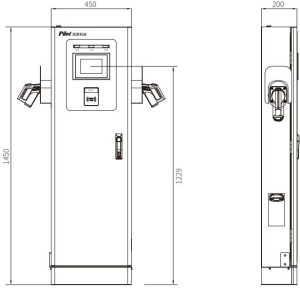
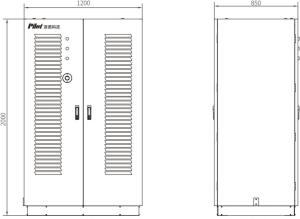
General electric specifications
DC charging plug options CCS2( CCS1 /CHAdeM0 Optional )
Voltage Max.1000 VDC
Standby power 25 W
Environmental specifications
Operating Temperature -30℃-+50℃
Storage Temperature -40℃-+75℃
Operating Humidity 5%-95% RH, Non-Condensing
Operating Altitude ≤2000m
IP.IK Level IP54 IK10
Lightning protection Level C
Connections
Backend Etheret ( 4G Optional )
Charging Protoco ISO 15118 . DIN 70121
OCPP OCPP 1.6J(0CPP2.x Coming soon)
Electrical protections Charging cable temperature monitoring, Earth leakage monitoring
Compliance to Standards
Electrical safety IEC 61851-1,IEC 61851-23
EMC, Harmonics IEC 61851-21-2
ChargingOutputs connect or Liquid or Air
4*CCS2 Air Cool
8*CCS2 Air Cool
4*CCS2 Air Cool
8*CCS2 Air Cool
4*CCS2 Liquid Cool
8*CCS2 Liquid Cool
Charging current Output Mode ChargingPower
4*250A Continous Mode 480kW Max
8*250A Continous Mode 480kW Max
4*350A Boost Mode 10 min 480kw Max
8*350A Boost Mode 10 min 480kW Max
4*500A Continous Mode 480kW Max
8*500A Continous Mode 480kW Max

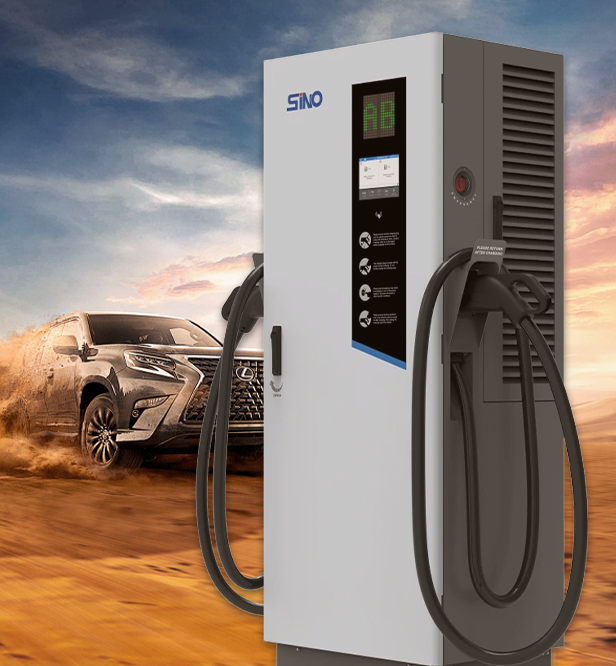
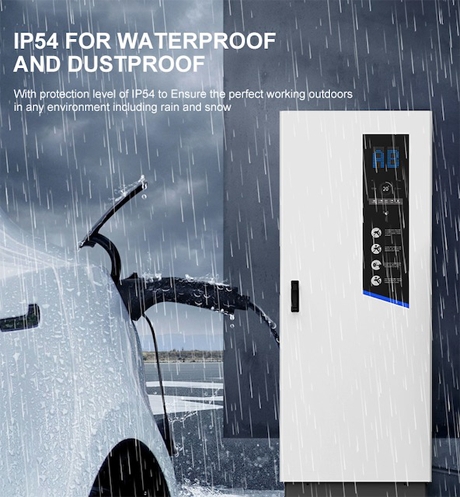
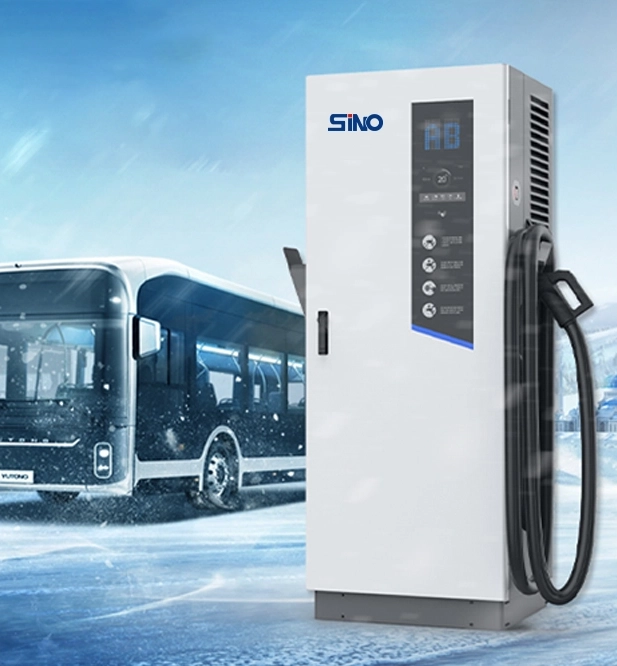
We have an MOQ policy of only one unit, allowing you to test the market with minimum inventory pressure.
Our EV chargers made from our factory go through a strict QC process for performance and safety.
We offer deep discounts on bulk orders, helping you increase your ROI.
All of your inquiries and concerns are answered within 24 hours.
Our series of patents show how we follow technological trends to give you an advantage.
With 30 years of working in the electrical industry, our team can create innovative EV chargers.
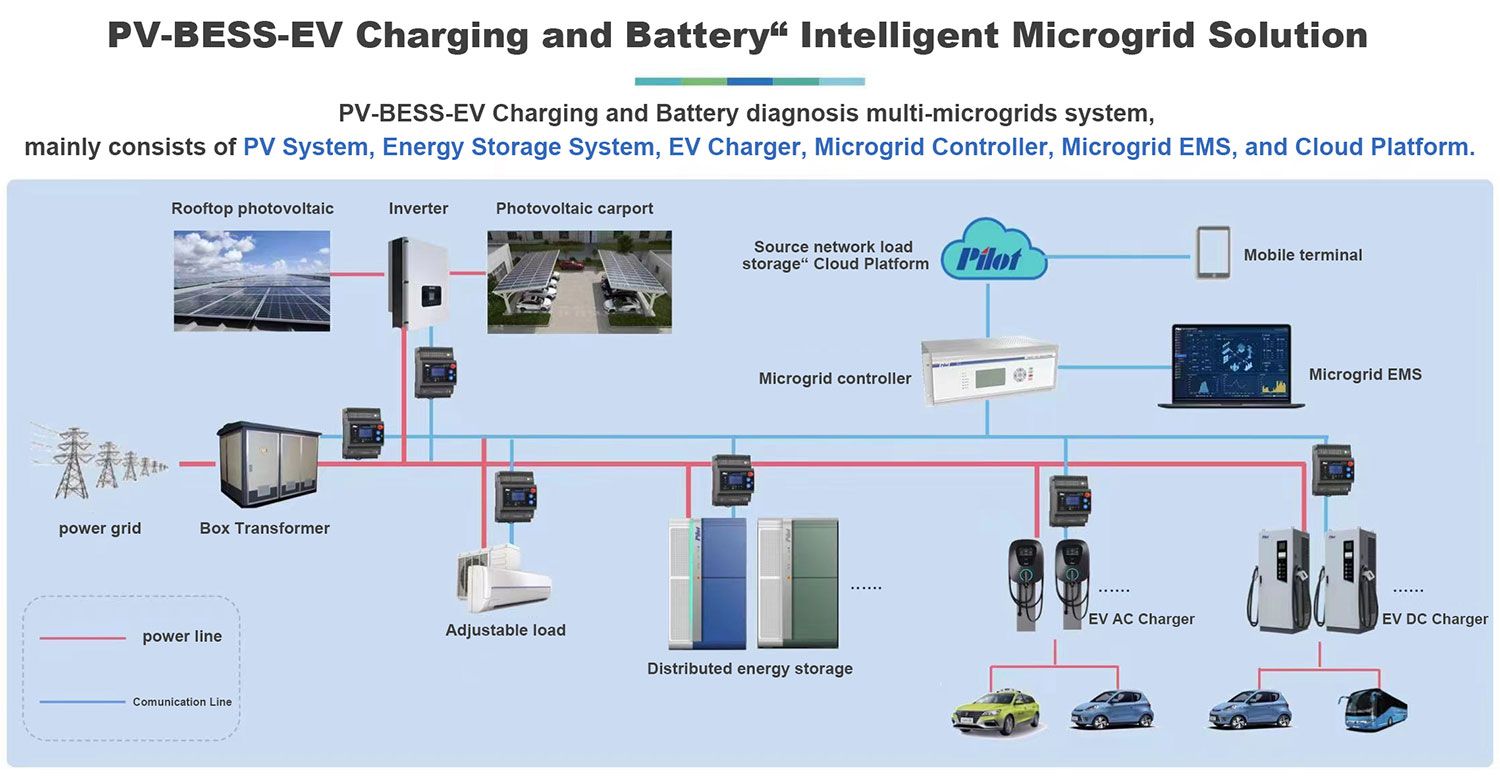

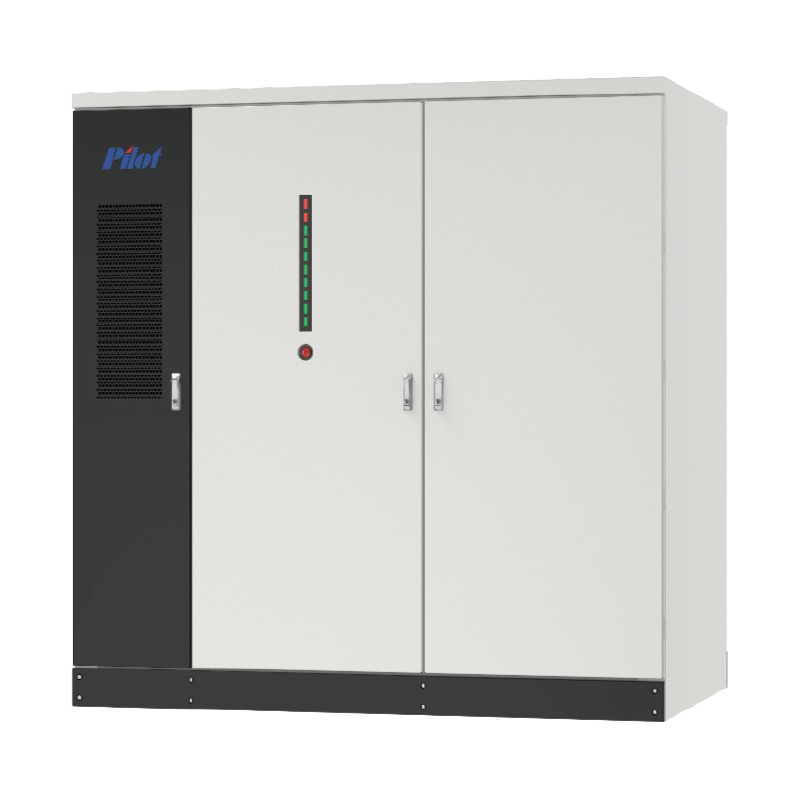


Have a simple question?